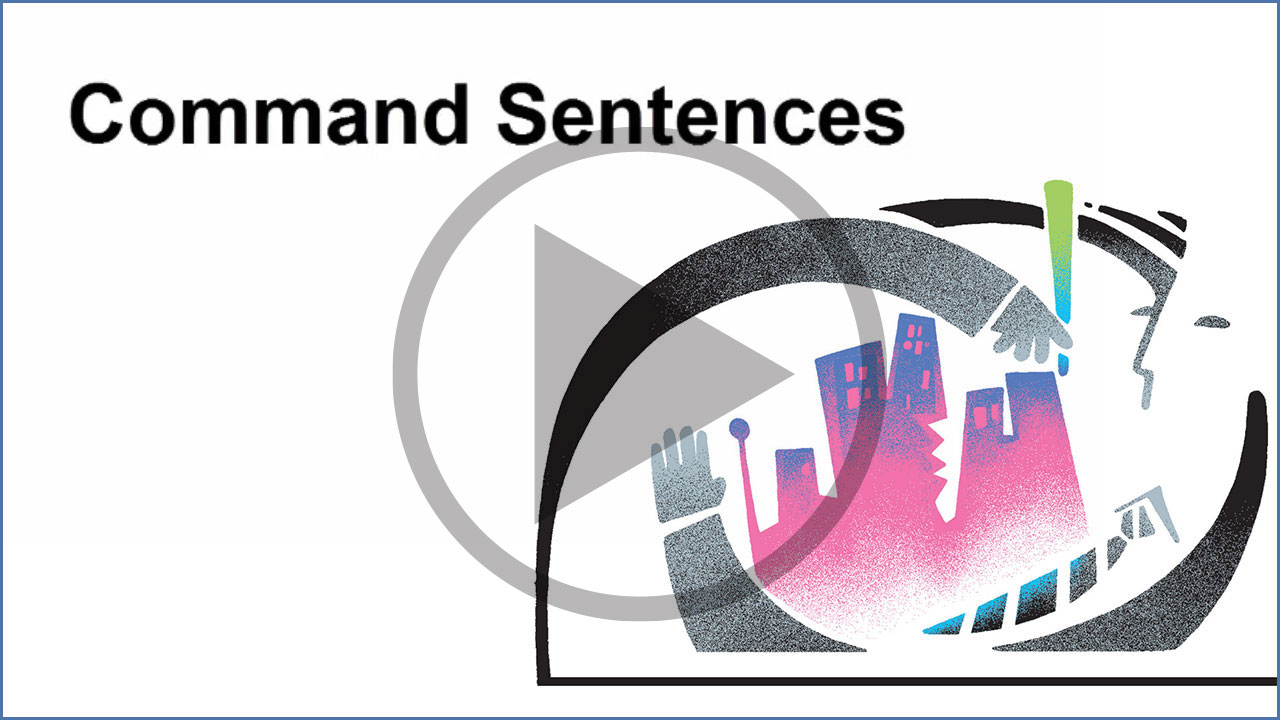Vague verbs cause fuzzy communication. To ensure your message achieves its purpose, check your verbs. Are they precise, or do they leave room for interpretation?
Example A
Please work on the contract.
(What does “work” mean—“write,” “revise,” “cancel,” “review,” “sign,” “renew”?)
Please amend the contract.
(The new verb is much clearer.)
Example B
We must do the shingles and then the flashing.
(What does “do” involve?)
We must replace the shingles and repair the flashing.
(The new verbs are precise.)
How can I select strong verbs?
Choose the most precise verb for each situation. That way you will leave your reader with no doubt about what action to take.
| Weak |
Do |
Improve |
Get |
Make |
Put |
| Stronger |
Arrange |
Optimize |
Bill |
Design |
Apply |
| Strongest |
Schedule |
Refinance |
Invoice |
Prototype |
Caulk |
How can I avoid weak verbs?
Avoid nominalizations, which turn strong verbs into abstract nouns and pair them with weak verbs.
Note how words ending with the suffixes -tion and -ment offer clues to potential hidden verbs.
| Nominalization (bolded) |
Hidden Verb |
| give a presentation |
present |
| make a decision |
decide |
| take into consideration |
consider |
| provide an analysis |
analyze |
| come to an estimation |
estimate |
| perform a calibration |
calibrate |
| give an assignment |
assign |
| do an assessment |
assess |
| have a requirement |
require |
| offer a description |
describe |
| perform a review |
review |
| bring energy to |
energize |
How can I emphasize a specific action?
Use command sentences, which tell readers just what to do. These sentences start with a strong, active verb and an implied subject (you).
So instead of writing “The seat should be attached to the chair frame with four long bolts,” use a command sentence: “Attach the seat to the chair frame using four long bolts.”
 |